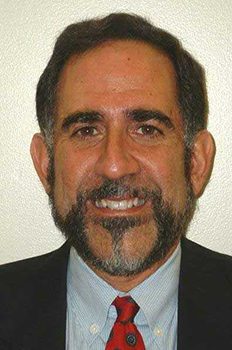September 10, 2018
By Alan Tonelson
If President Trump imposes steep tariffs on U.S. automobile and auto parts imports, the prices of the vehicles we all drive will go through the roof, right? After all, everyone in the know says so. Like the auto-makers. And the dealers. And the leading think tanks.
As known by RealityChek regulars, though, logic alone – along with even a rudimentary knowledge of business practices – warrant deep skepticism. After all, if the auto industry believes that, once the tariffs are in place, the market for their products will be able to support vehicle prices thousands of dollars higher than what their customers pay today, why aren’t they raising prices to these levels right now? And why haven’t they been charging more all along? The only possible answers are that (a) they really don’t believe the higher prices would stick or (b) they’ve been accepting less revenue in order to give consumers a break. You tell me which is even remotely plausible.
And just last week came new evidence showing how phony these forecasts appear: As reported by Bloomberg.com‘s Kyle Stock, there’s a huge glut of vehicles on the U.S. market for several intertwined reasons. Inventories are way too high because auto-makers produced too much (and probably imported too much). Higher and higher shares of auto purchases each year consist of previously owned, not new vehicles. And demand for new models in absolute terms seems set to dip for the first time in ten years.
Moreover, Stock’s article makes clear why the auto-makers and dealers really oppose the tariffs: Precisely because they know they’ll never be able to push through significant price increases, the levies will force them to accept lower profits. Another point worth contemplating – the industry’s pleas for tariff forebearance reveal how unwilling or unable they are to improve productivity in order to absorb the added costs without hurting their bottom lines.
That still leaves the question of why thinktankers – who aren’t supposed to have vested stakes in the automotive industry’s profitability – are peddling this nonsense. And the likely answers here aren’t flattering, either. First, many of them (like the Peterson Institute, whose tariff warnings are featured in the USA Today article linked above) get big bucks from the industry. Peterson’s latest list of donors prominently features Toyota, Ford, GM, Mitsubishi, and the governments of many of the foreign auto-makers who rely so heavily on exports to the American market. Nor are the numbers involved trivial; Toyota, for example, is listed in the $100,000-$999,000 per year category.
Second, analysts at Peterson or elsewhere could be so devoted ideologically to the pro-free trade stance of mainstream economics that they simply don’t want to present or even consider contrary evidence.
Whichever is the explanation, one conclusion comes through loud and clear: As long as the U.S. automotive market remains glutted, the price increase warnings of such experts deserve no more credibility than the pitches of used car salesman.
 ALAN TONELSON
ALAN TONELSON
Alan Tonelson is Founder of the blog RealityChek – www.alantonelson.wordpress.com – which covers a wide range of domestic and international policy issues along with political and social trends.
For 18 years before leaving to launch RealityChek, Tonelson followed the impact of globalization on the U.S. economy, domestic manufacturing, and U.S. national security for the U.S. Business and Industry Council. This national business organization represents nearly 2,000 domestic American companies, most of them small and medium-sized manufacturers.
Alan Tonelson is a regular columnist with Industry Today.
Scott Ellyson, CEO of East West Manufacturing, brings decades of global manufacturing and supply chain leadership to the conversation. In this episode, he shares practical insights on scaling operations, navigating complexity, and building resilient manufacturing networks in an increasingly connected world.